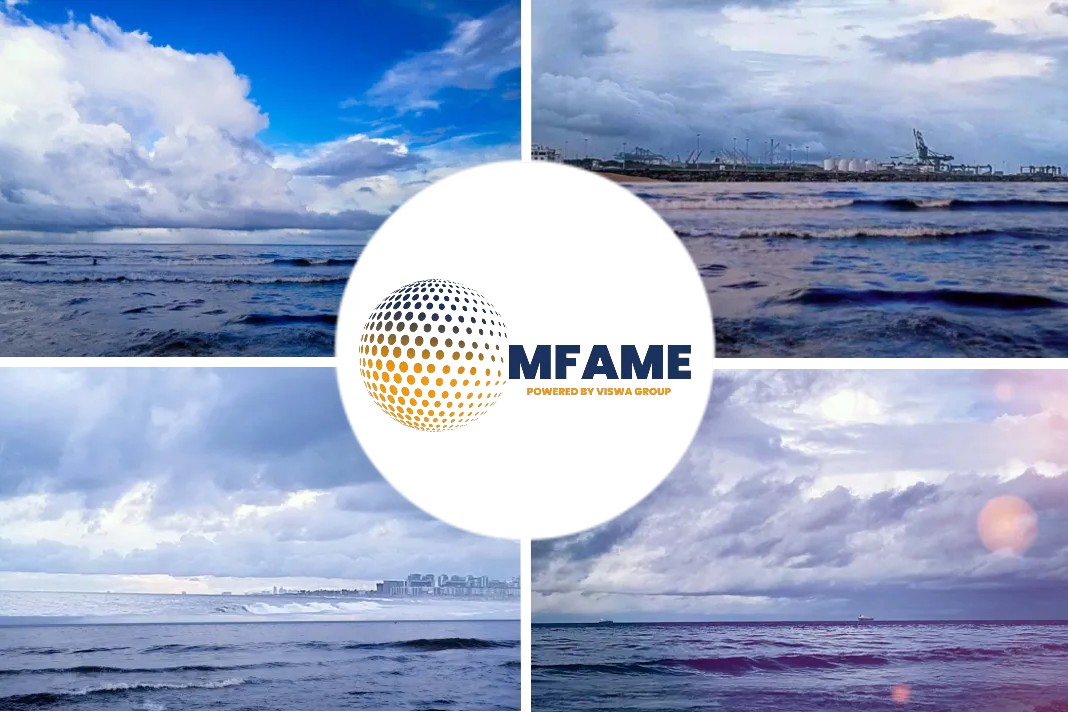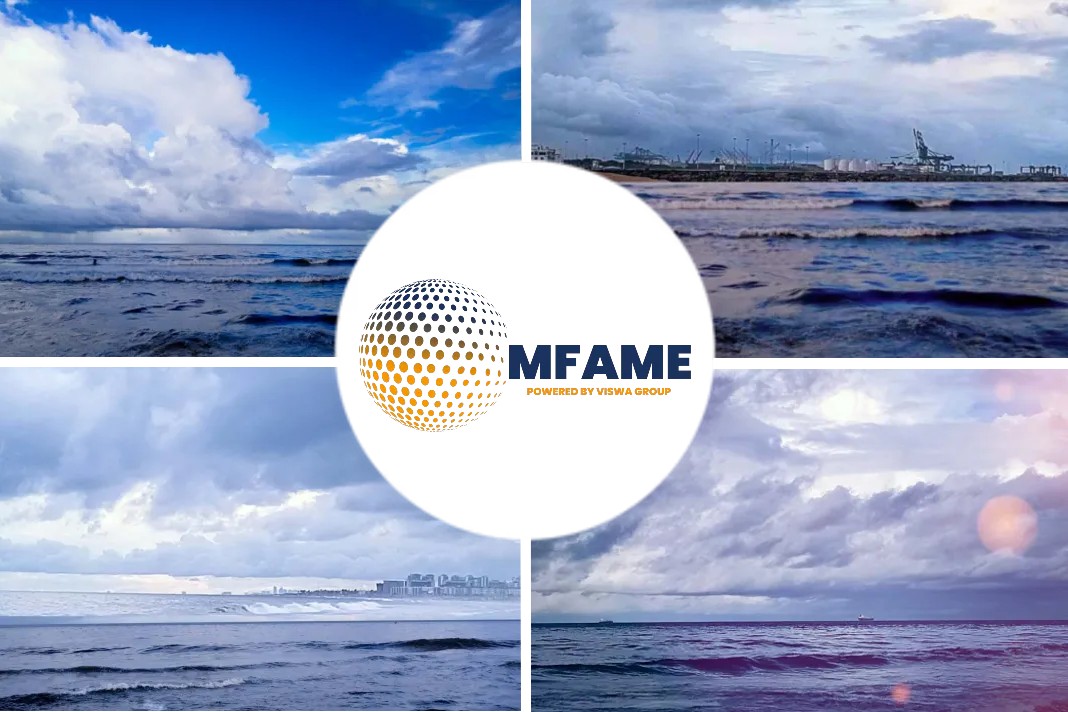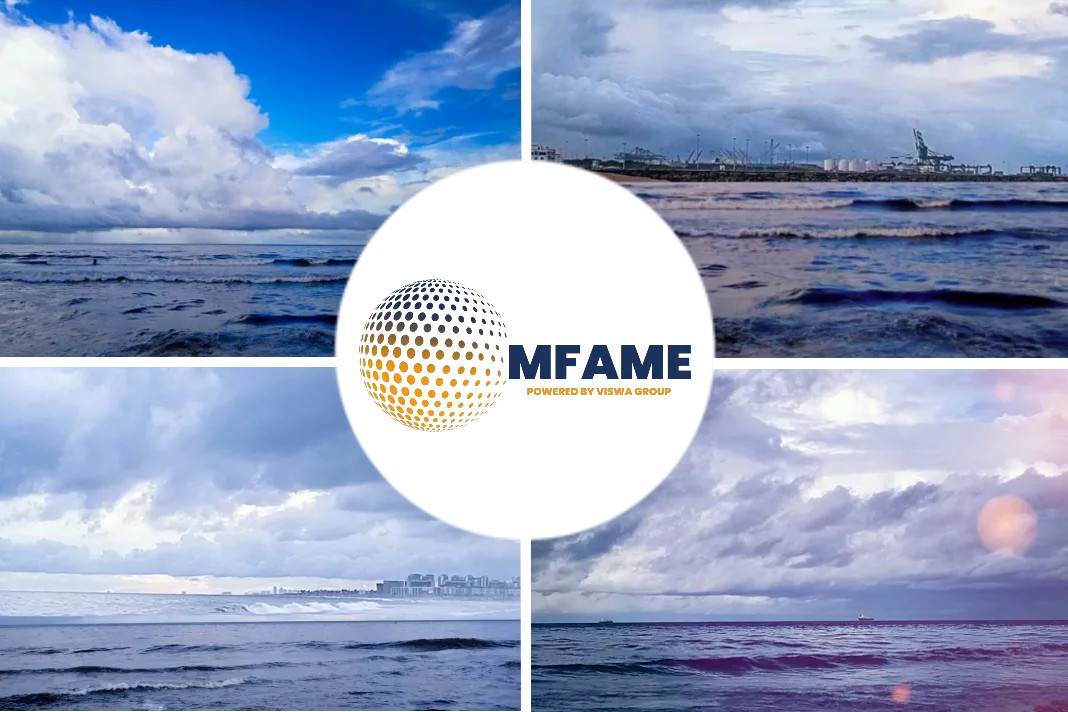- Four of five operators at one of the world’s busiest container ports plan to join forces to increase profits.
- Other competitors in the trade fear that this team with 95 per cent market share, could monopolize this crucial industry.
The powerful business conglomerates running Kwai Tsing Container Terminals are now under official scrutiny, says a news report.
A One vs All Situation
The government is demanding answers after the announcement on Tuesday that they were forming the Hong Kong Seaport Alliance, which would hold a 95 per cent market share at the port. The Competition Commission on Thursday said it was investigating the alliance “as a matter of priority”, while other players in the trade and logistics industries raised an outcry that it would monopolise the container trade, the lifeblood of business in the city.
The New Alliance
The new group, formed by Hongkong International Terminals (HIT), COSCO-HIT Terminals, Asia Container Terminals and Modern Terminals, will jointly operate and manage 23 berths across eight terminals at Kwai Tsing in the New Territories. Tycoon Li Ka-shing’s Hutchison Port Holdings owns HIT, while COSCO-HIT and Asia Container Terminals are associates, and Modern Terminals is mostly owned by Wharf Holdings. Australian-controlled Dubai Ports International, which operates one berth in Kwai Tsing, was left out of the alliance.
An Explanation Expected
The Transport and Housing Bureau said it had learned of the new group only after its formation was announced this week, and demanded the parties involved “fully explain the operational details of the alliance and maintain close communication with other industry stakeholders before it starts operating”.
Industry members also expressed grave concerns over potential cartel behaviour hurting trade further at a time when Hong Kong’s container port business was struggling in the face of competition from across the border. They noted that the operators in the alliance were not harmed by this trend, as they were already running terminals in mainland China at ports in Yantian, in Shenzhen, and Huizhou in, eastern Guangdong province.
Is legal to form such an alliance?
The commission said its investigation would focus on whether setting up the alliance might break the rules by preventing, restricting or distorting competition in Hong Kong. In its defence, a spokeswoman for the alliance said the new partnership would be “positive for our customers” and benefit Hong Kong by enhancing the efficiency, services and competitiveness of the city’s ports.
A Bad Image
Willy Lin Sun-mo, chairman of the Hong Kong Shippers’ Council, complained that it was bad for the city’s image, and said other stakeholders – even the government – had been kept in the dark. “Many stakeholders and I were taken aback by the announcement of the alliance,” he said. “Who really benefits from it?”
Too Much Monopoly
Stanley Chiang Chi-wai, chairman of the Lok Ma Chau-Hong Kong Freight Association, said that the alliance was a big step backwards in terms of creating a level playing field for business in the city, and questioned if it breached any land lease conditions aimed at increasing competition. “It’s nonsense,” he said. “When these operators are operating individually they already control our business; the more ships that call at their ports, the more business we have.” He warned the alliance could squeeze Dubai Ports out of the game and that business might be diverted to mainland ports if shipping companies found Hong Kong too expensive because of cartel behaviour.
A Lost Crown
In Stanley’s opinion, this wouldn’t benefit Hong Kong, and it wouldn’t harm them [the operators] because some of them hedge their business by operating terminals at mainland ports. Container port business was down in Hong Kong since the US-China trade war erupted last year, Chiang added. Kwai Tsing Terminals’ throughput shrank 4.9 per cent in the first 11 months of 2018, according to the Marine Department. After losing its long-time crown as the world’s top container port in 2004, it has gradually slipped to No 5, after Shanghai, Singapore, Shenzhen and Ningbo-Zhoushan.
Exorbitant Fees
Leung Kun-kuen, honorary chairman of the Kowloon Truck Merchants Association, raised fears that the alliance could make it even harder for his struggling industry. “These operators have been charging many different types of fees on trucks, and we can do nothing at all in future when they operate as one entity and levy more charges,” he said. But transport sector lawmaker Frankie Yick Chi-ming defended the alliance, saying it would prevent overlapping in port operators’ investments, and help raise the city’s competitiveness, regardless of the commission’s investigation.
Did you subscribe for our daily newsletter?
It’s Free! Click here to Subscribe!
Source: SCMP



















